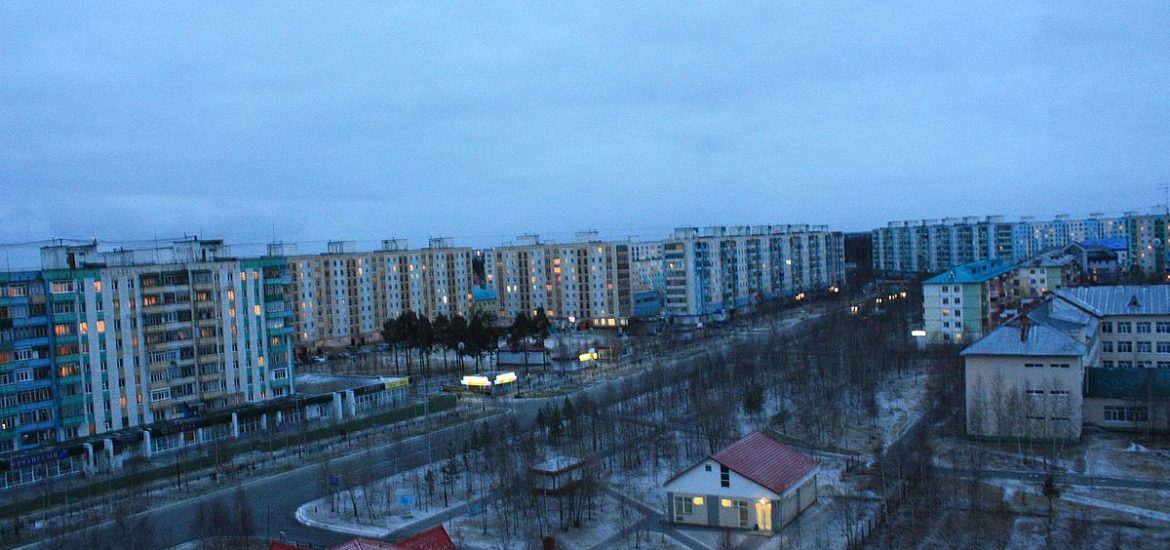
Russia’s energy minister has said the world’s third largest oil exporter it is unlikely to make its oil alliance with Opec permanent.
Energy minister Alexander Novak said the loose coalition known as Opec+, which has cut global crude supply for the last two years to rebalance oil prices after a prolonged slump since 2014, was unlikely to become a permanent alliance.
Opec+ aimed to publish a statement this month on the implementation of the agreement to cut production, Novak told the media. He said he was open to a meeting before the scheduled gathering in April.
The agreement cut oil stocks and boosted prices to four-year highs by cutting production by 1.2M million barrels per day, or around 1 per cent of global consumption.
Novak predicted that the market would see the impact of the Opec+ cuts by next month.
Brent crude, the global benchmark, has declined about 15 per cent since the December 7 Opec+ agreement in Vienna, extending its plunge since early October to 40 per cent. But producers have signalled their dedication to the deal.
Opec Secretary General Mohammed Barkindo is looking to make the restrictions a permanent arrangement between the 14-member cartel and 10 other oil-exporters, including Russia.
But Novak was cool on the idea, saying it would create too much government red tape and expose the 10 non-Opec members to potential US sanctions.
“There is a consensus that there will be no such organisation. That’s because it requires additional bureaucratic brouhaha in relation to financing, cartel, with the US side,” Novak said.
The markets appear relatively confident that the oil price will stabilise in 2019 after the most unstable year since 2008.
A Bloomberg survey forecast that Brent would average US$70 a barrel next year as the market tightened, Opec’s supply cuts took effect and supplies from Venezuela and Iran decreased.
“There is a little more optimism and neutrality coming into markets and we’re getting some positive signs,” said analyst Ashley Petersen at Stratas Advisors. “It’s not as if demand is tanking tomorrow and supply is going to triple. We’re seeing a little more rationale enter markets, a little more of a wait-and-see mode.”
Brian Kessens, who helps to manage US$16 billion in energy investments at Tortoise in Kansas, told Bloomberg: “Opec has done a pretty good job indicating that they are going to hold compliance.”
Oil hub Raduzhny. Russia relies on fossil fuels to fund its government. Picture credit: Wikimedia





